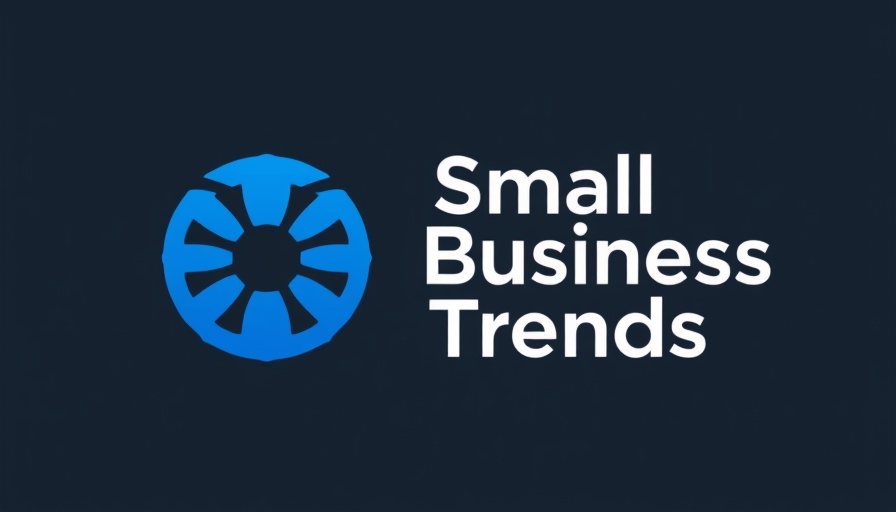
The SBA’s Crucial Step Towards Uncovering Fraud
The U.S. Small Business Administration (SBA) is embarking on a critical audit of its 8(a) Business Development Program, following a deeply concerning investigation by the U.S. Department of Justice (DOJ). Kelly Loeffler, the SBA Administrator, has committed to restoring integrity in government contracting after reports revealed over $550 million in government contracts had been misappropriated through fraud and bribery schemes involving federal officials and 8(a) contractors.
Understanding the Importance of the 8(a) Program
The 8(a) program plays a pivotal role in providing economically and socially disadvantaged small businesses with opportunities to compete in the federal marketplace. By offering resources such as personalized counseling and training workshops, the SBA aims to empower these businesses to thrive. However, the recent uncovering of fraudulent activities reveals a dire need for increased oversight. The audit focuses on high-value, limited-competition contracts from the last 15 years, targeting bad actors who have exploited the system.
Anticipated Benefits for Small Businesses
While the audit represents a crackdown on corruption, it also holds the potential for significant benefits to legitimate participants in the program. Loeffler's assurance to hold both contracting officers and participants accountable aims to create a fairer landscape for small businesses, one that rewards merit and innovation. This renewed focus on accountability signifies a shift toward more equitable contracting practices.
The Challenges Ahead: Increased Scrutiny
Nevertheless, as small business owners may benefit from a more transparent system, they should be prepared for challenges that accompany heightened scrutiny. The audit could result in more rigorous vetting processes, potentially lengthening the timeframe required to secure contracts. As the SBA implements tighter controls, competition may increase among legitimate businesses, compelling them to present stronger proposals and distinguish themselves in a crowded marketplace.
Resources and Support to Navigate the Landscape
For business owners invested in this program, the 8(a) initiative continues to offer vital support. By leveraging the program’s resources effectively, such as training and workshops, small businesses can enhance their applications and competitive edge. The audit indicates a reset for the program, suggesting that those who are genuinely working towards ethical practices may find themselves presented with more opportunities as unethical participants are removed.
What Lies Ahead: Potential Disruptions
As the audit unfolds, existing contracts and operations may be affected. Questions linger regarding the duration of the audit process and the immediate repercussions for participants. The enforcement actions taken by the SBA Office of Inspector General and the DOJ will have substantial implications for how the contracting environment evolves over the coming months. Small business owners will need to stay informed and adaptable during this transitional phase.
Key Takeaways for Small Business Owners
- Audit Focus: Expect scrutiny on high-value contracts issued over the past 15 years.
- Fund Recovery: Efforts to recover misallocated funds will take precedence.
- Increased Scrutiny: Anticipate a more rigorous contracting process that may benefit compliant businesses.
- Utilize Resources: Take advantage of the SBA’s 8(a) resources to enhance your competitive positioning.
This audit lays a critical foundation for restoring trust in the SBA’s 8(a) program. Small business owners should view this as an opportunity to advocate for ethical practices and responsibly utilized resources. While the road ahead may prove challenging, staying informed and proactive will empower entrepreneurs to navigate this changing landscape successfully.
 Add Row
Add Row  Add
Add 



Write A Comment